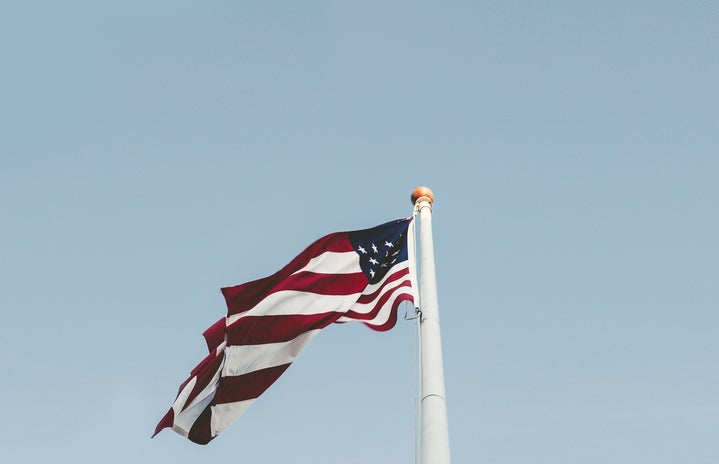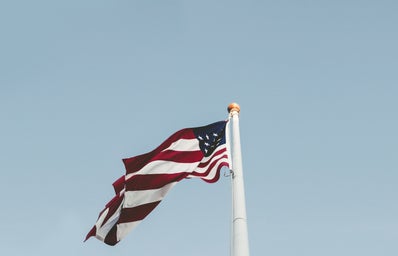A discussion in sociology class about mass incarceration and how the prison system in America creates more criminals intrigued me a lot. I learned that the United States has the most incarcerated people in the world. In the 1980s, President Reagan carried on Nixon’s proclamation that America had a drug problem and announced “The War on Drugs” would be a legislative response to get criminals off of the street. Alongside her husband, Nancy Reagan started the youth campaign, “Just Say No” that we still see today. The First Lady wanted to create an effective school program to influence children to “just say no” to drugs like it was a personality trait and an easy solution. The program only acknowledged drug problems in low-income neighborhoods and completely missed the fact that these kinds of environments exist in all communities with different economic and racial statuses.
We watched author Michelle Alexander’s speech discussing how mass incarceration can be viewed as the new Jim Crow. While that is a powerful statement, she brings up facts that I was completely unaware of. The government system benefits from incarcerated people to stay in prison which is extremely dehumanizing and fueled by discrimination. According to Michelle’s video, America does not always allow certain released prisoners to vote, employers are allowed to not hire someone if they check the box that says they have been to prison, public housing is off limits for five years and landlords can reject an applicant who was a former felon. She brings up how in historic slavery, Black men were arrested for misdemeanors and sent to work on plantations; this was called convict leasing which was a never ending term because convicts could never pay back their freedom. Food stamps are not allowed to be given to freed drug felons for the rest of their lives. Without housing, a job and money, newly released prisoners are also harassed with fees and fines.
Her conclusion stated that 70% of newly released prisoners end up back in prison which, in my opinion, further reinstates to society that “bad people” are and will always be “bad people.” Who are bad people though, everyone in prison accused of a crime? While nobody wants to defend a person who committed a crime, it is imperative to take a deeper look into why. One student shared that her mom was a cocaine addict her entire life and when she would go to “Just Say No” school assemblies it was counterproductive, insulting and proved how much ignorance there is among this topic. Rejecting drugs is a privilege when you grow up in a community, school and home without drug circulation. The “Just Say No” educational program was not an effective way to stop drug abuse and only limited people’s understanding of why people use drugs.
It’s essential to connect with our own identities and privileges in history and today. Going to school with peers who grew up in low economic communities and faced discrimination was an eye-opener for me. These kids hopped on a bus after school to face poverty, violence, drug abuse and much more. I had a dear friend who grew up in the midst of violence and drug abuse and he overdosed in school which shook up my town. These classmates were victims of a system and never deserved to suffer. What happens when people who hold power continuously discriminate against people, school kids even, for their unfortunate circumstances and hold them to an unfair bar in schools and society? Many of these people believe their teachers and classmates tell them the kind of people they are until they believe it and fall victim to their circumstances. Historically, people were judged for their race in a similar way to how incarcerated people are treated today. Released prisoners are denied many rights to participate in society and the small percentage that is available to them is designed for failure. The American prison system can be counterproductive and it is our responsibility to protest for more fair policies. Prisons are spaces, with different levels of security, to hold convicted criminals as punishment as opposed to rehabilitation which is what most of these people need. We need to give people a second chance, learn about the worlds that have influenced them and provide victims with appropriate rehabilitation and an accepting society. It is easy to shun “bad people” because they do “bad things” but what happens when we try to hold leaders, lawmakers and even ourselves accountable?


